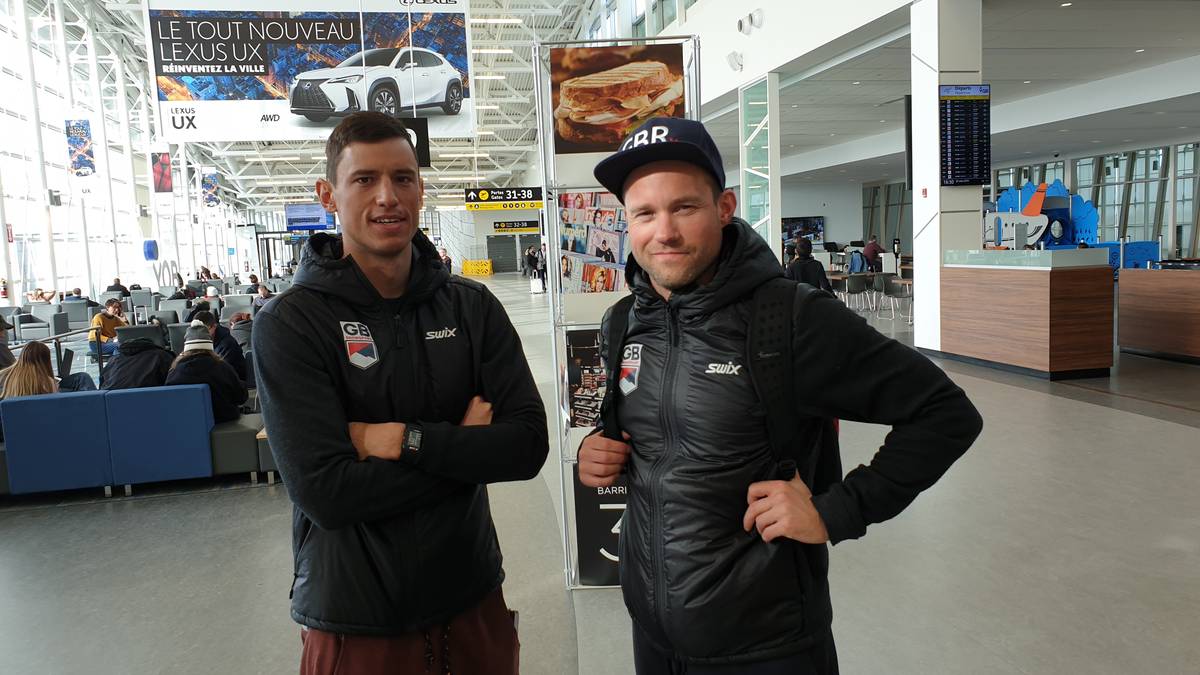There are days when you perform better at a sports level and other days when it is better to sit down and read a book
Adolescence is the stage at which most of the young women in our country leave sports. Hormonal changes don’t help. Therefore, knowing how the menstrual cycle works from the first period will help mothers and daughters to get the most out of training, reduce injuries and, above all, continue to exercise to improve the physical and emotional health and well-being of adolescents.
Emma Hayes, Chelsea coach since 2012, made her team the first team in the world to use training based on the menstrual cycle. In 2019, the United States women’s soccer team was crowned World Cup champions in France by applying the same method. “There are more and more coaches who are noticing changes in women depending on the cycle and this makes it possible to improve performance”, says Alberto García Bataller, doctor of Physical Activity Science from the Polytechnic University of Madrid. What’s more, knowing the relationship between menstruation and exercise will make our daughters perform better at each training session and prevent injuries.
For the professor at the National Institute of Physical Education (INEF) in Madrid for nearly two decades, it has been important for girls and young people to exercise. To do this, they are committed to finding a sport that satisfies them and looking for a coach who knows how to adapt training sessions to their characteristics, not only because of the menstrual cycle but also because of injuries «.
In this sense, remember that in women who exercise, there are eight times more anterior tears than men who exercise. And in women who do not exercise six times more. The reasons are none other than the width of the hips, the angle with the tibia and fibula or the tendency to bring the knee inward are some of the motivating causes of this injury, but also “the hormonal changes that occur near ovulation. With the production of relaxin and the peak of estrogen, it makes the anterior cruciate ligaments tense.” less tension and rupture when descending stairs.” The same is true of the plantar fascia or supraspinatus in swimmers, whose injuries occur mainly in the days of ovulation and the first days of menstruation.
When to train with greater intensity?
Cycles have an average duration of 28 days, although this varies by woman. It begins with menstruation and ends at the beginning of the next, leading to a new cycle. The follicular phase occurs between days 5 and 14 of the cycle, practically between menstruation and ovulation, and that’s when the hormone estrogen is produced, known as the male hormone. It has more of an anabolic characteristic and this is where you should organize your most intense training sessions, with greater strength such as short, high-intensity interval sets, such as weight training or changes of pace.
Also in the ovulation phase, which occurs around day 14, and lasts about three days, high-intensity exercise is strongly indicated, although injury should be given special attention.
Slowly
After ovulation, when the hormone estrogen disappears and progesterone appears and also more fat metabolizes than carbohydrates, “this is where you have to enter resistance work, with low intensity or moderate intensity.”
“And the first three days of the period nothing happened to sit down to read a book or do yoga,” admits Alberto García Bataller.
Relieves menstrual pain
According to a study by the University of St. Mary in Twickenham, in the UK, conducted in collaboration with the social network for athletes Strava and the FitrWoman app, for 78% of the more than 14,000 women from various countries around the world studied, the exercise relieves discomfort stemming from the menstrual cycle. And this is because most period pain is caused by inflammation. And here, the anti-inflammatory effects of exercise and the formation of endorphins associated with exercise training reduce menstrual symptoms and pain.

“Problem solver. Proud twitter specialist. Travel aficionado. Introvert. Coffee trailblazer. Professional zombie ninja. Extreme gamer.”



:quality(70)/cloudfront-eu-central-1.images.arcpublishing.com/mentormedier/NBEATS6T3BJJH7K3BNTFA7RH5Q.jpg)
